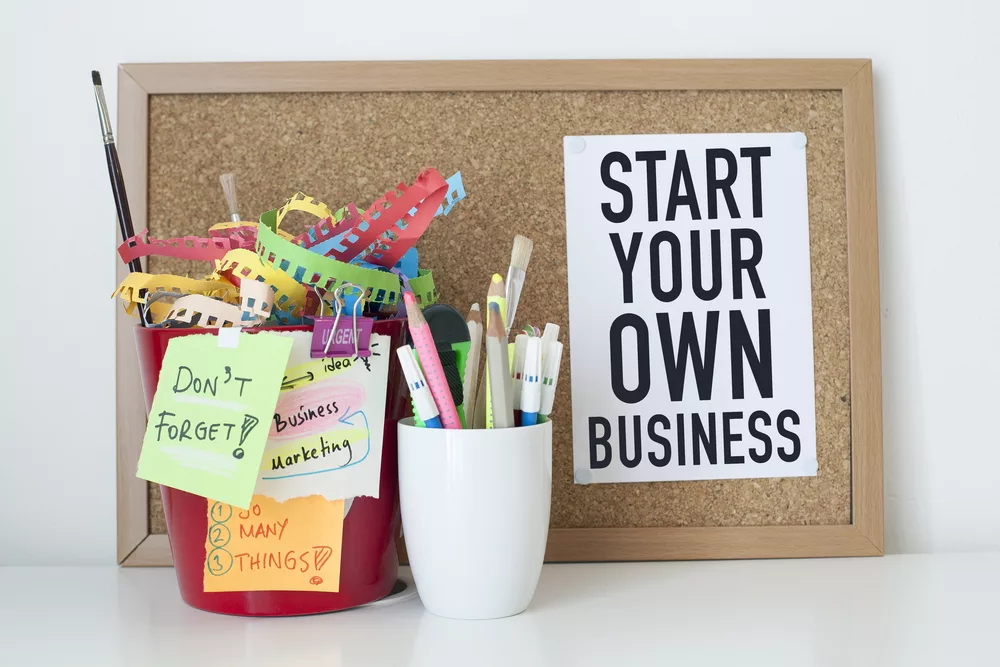Starting a Small Business Online – What You Need to Know

Starting a small business online can be a great way to create an additional income stream. However, it’s essential to understand the challenges and pitfalls of doing so. All businesses solve a problem that customers are willing to pay for.
Decide on a Business Model
When you think about how to start a small business online, having a business model is essential to any startup because it determines how you will make money. There are many different models, each with advantages and disadvantages.
Some are more stable than others, but finding a model that aligns with your market and generates revenue is essential. The most popular models include subscription-based, cost-plus pricing, and product-based approaches. To decide which suits your startup, consider factors such as your product or service, target market, and growth goals.
Another thing to consider is your financing model. A common way to fund a startup is through venture capital or angel investors. However, you can also use your savings or loans from family or friends. You should have access to a sum equal to or greater than your anticipated revenue and expenses for the first year of operations. This will ensure you can cover any unforeseen costs that may arise.
Build a Website
A website is the cornerstone of any online business. You can use it to showcase your products or services, share blog posts and news updates, and provide information about your company. A website should include a contact form so visitors can quickly contact you.
Creating a business website is more complex than you might think. Many small business owners use website builders that make the process easy. These tools give you a template to work from and ask you questions about your business. They will help you set up core pages for your site, like the home page and the About page.
Once you’ve built your site, take the time to test it thoroughly. Read all the text, click every button, and fill out all forms to ensure everything works properly when your site goes live. It’s also a good idea to review competitor websites to see what types of content your audience is interested in and how they interact with that content.
Market Your Business
To make money, your online business must attract and retain customers. One of the most critical steps in this process is marketing. This includes using social media, paid ads, and other promotional strategies. The first step in marketing your online business is conducting market research.
This will help you determine if there is an opportunity to turn your business idea into a profitable company. It will also help you identify competitors and find a unique selling point for your product or service. Once you have completed your market research, it is time to develop a business plan. This will be a roadmap for starting your business and guide you through the company’s ups and downs.
Many ways to finance a small business include raising money from investors or borrowing capital. You can also use a crowdsourcing platform like Kickstarter to get your business. Once you have a financial plan, it is time to begin the next step in starting a small business online: building your website and getting started with marketing.
Get a Business License
Depending on where you live, the legal structure of your business (sole proprietorship, limited liability corporation, or a partnership), and the industry in which you operate, you may have to register with local authorities to get a license.
You may also need to file taxes and get a federal tax ID number, equivalent to a Social Security Number, for a business. It would be best if you also consider getting business insurance. This type of coverage can help pay for damages to third parties and other legal fees if your business is sued for any reason. It’s an intelligent investment and might even be required to get some types of business licenses.
Once you have all the necessary paperwork in order, it should only take a few business days to a few months for most licenses and permits to be approved. Some are easier to obtain than others and vary by state, county, and industry. Make sure you look into all the options and check the fine print of your permits and licenses.
Hire Employees
Having the right employees can make or break your small business. Recruiting and hiring employees takes time and effort, but you can save money and resources by getting it right first. A bad hire can wreak havoc on your company’s productivity, costing you valuable money to find a replacement.
To avoid this, it’s essential to follow a robust recruiting process and to choose the best candidate for the job. Start by creating a catchy job description that will attract top talent. You’ll also need to decide what kind of benefits you want to offer. Benefits like health insurance paid time off, and matching 401(k) programs can be more attractive to candidates than a high salary.
It’s also crucial to check the legal requirements for hiring employees, such as obtaining an Employer Identification Number (EIN), forming a business entity, and ensuring you comply with labor laws. It’s also a good idea to set up payroll so that you can pay your new hires quickly and easily. This will keep your new hires happy and help them deliver their best work.










